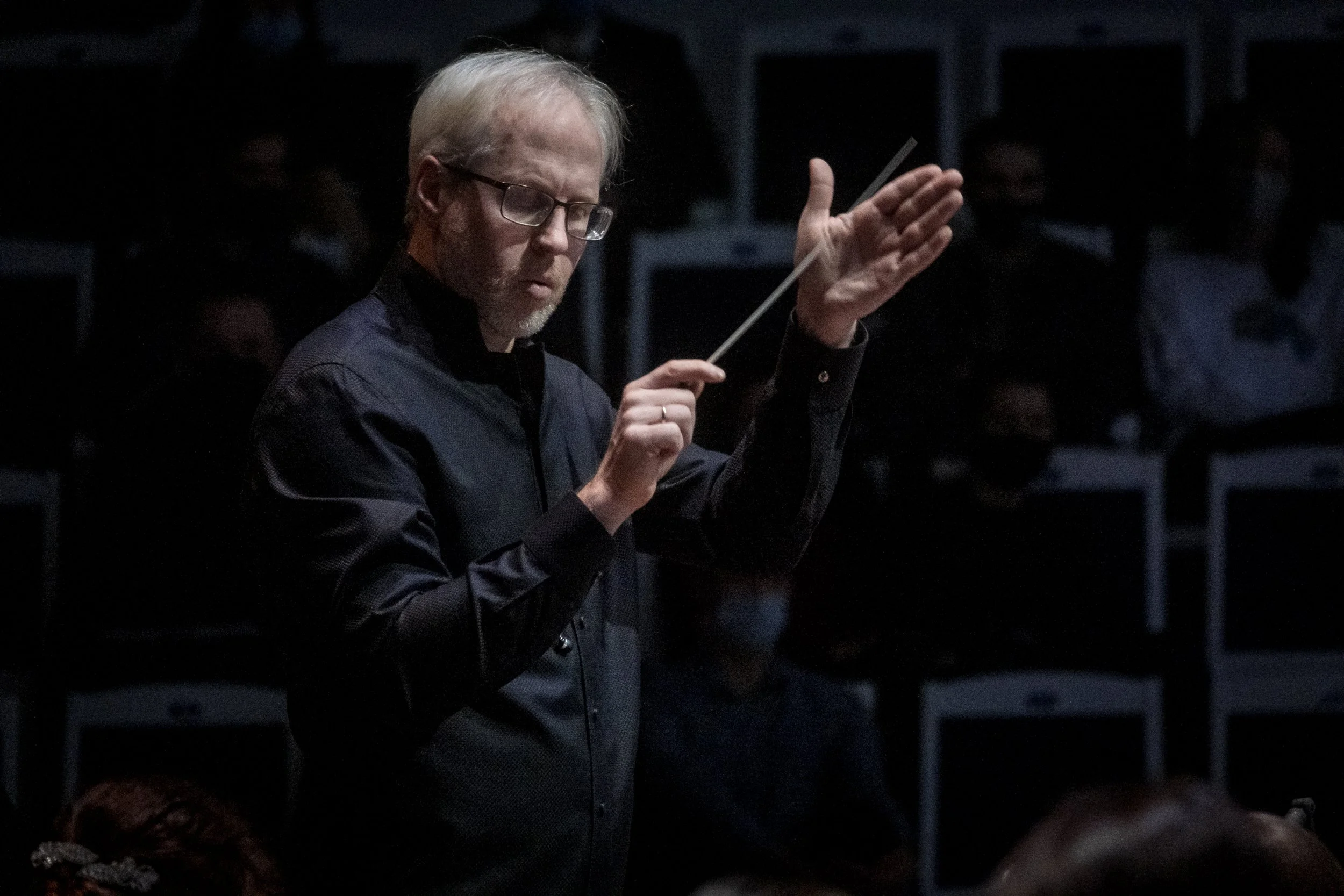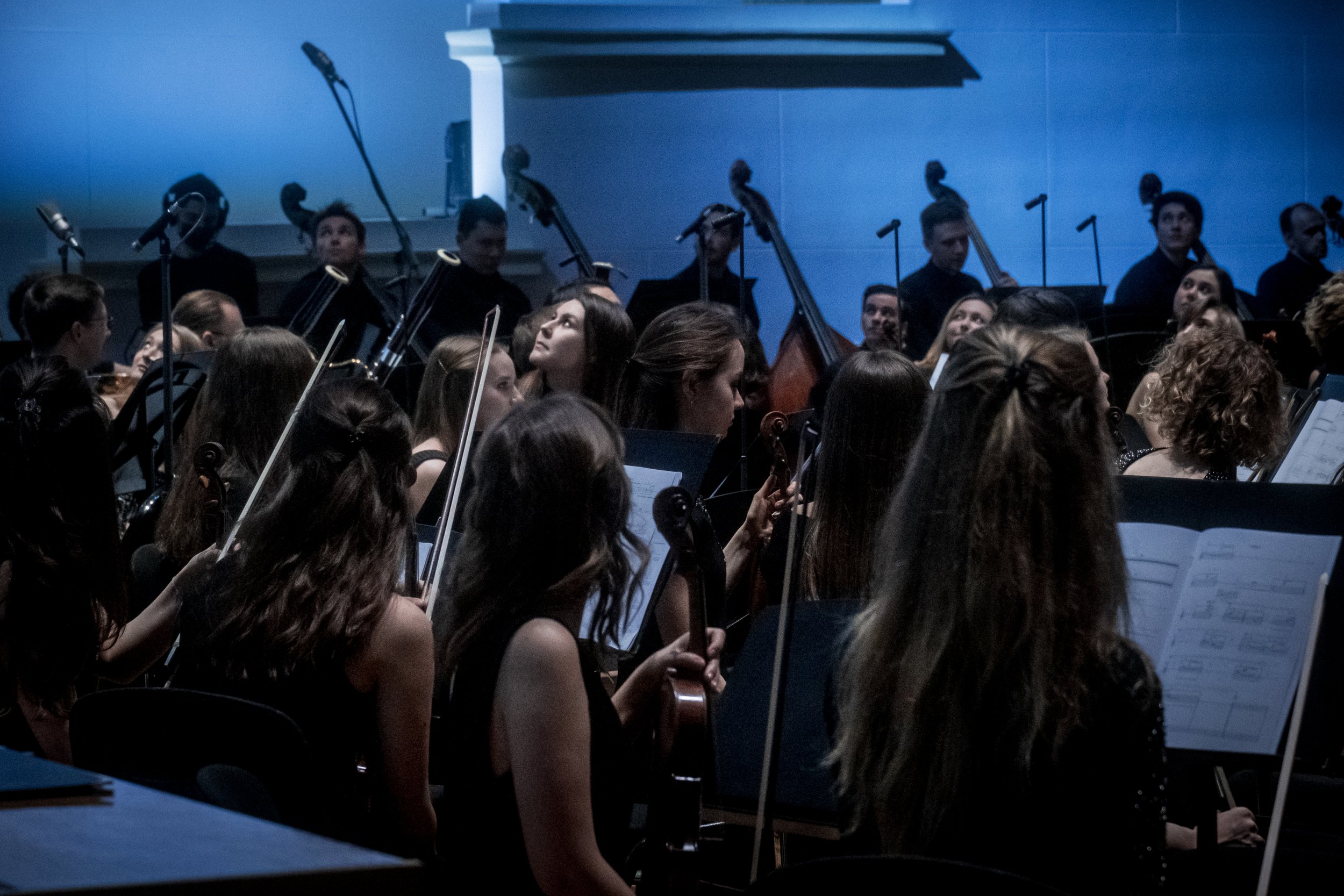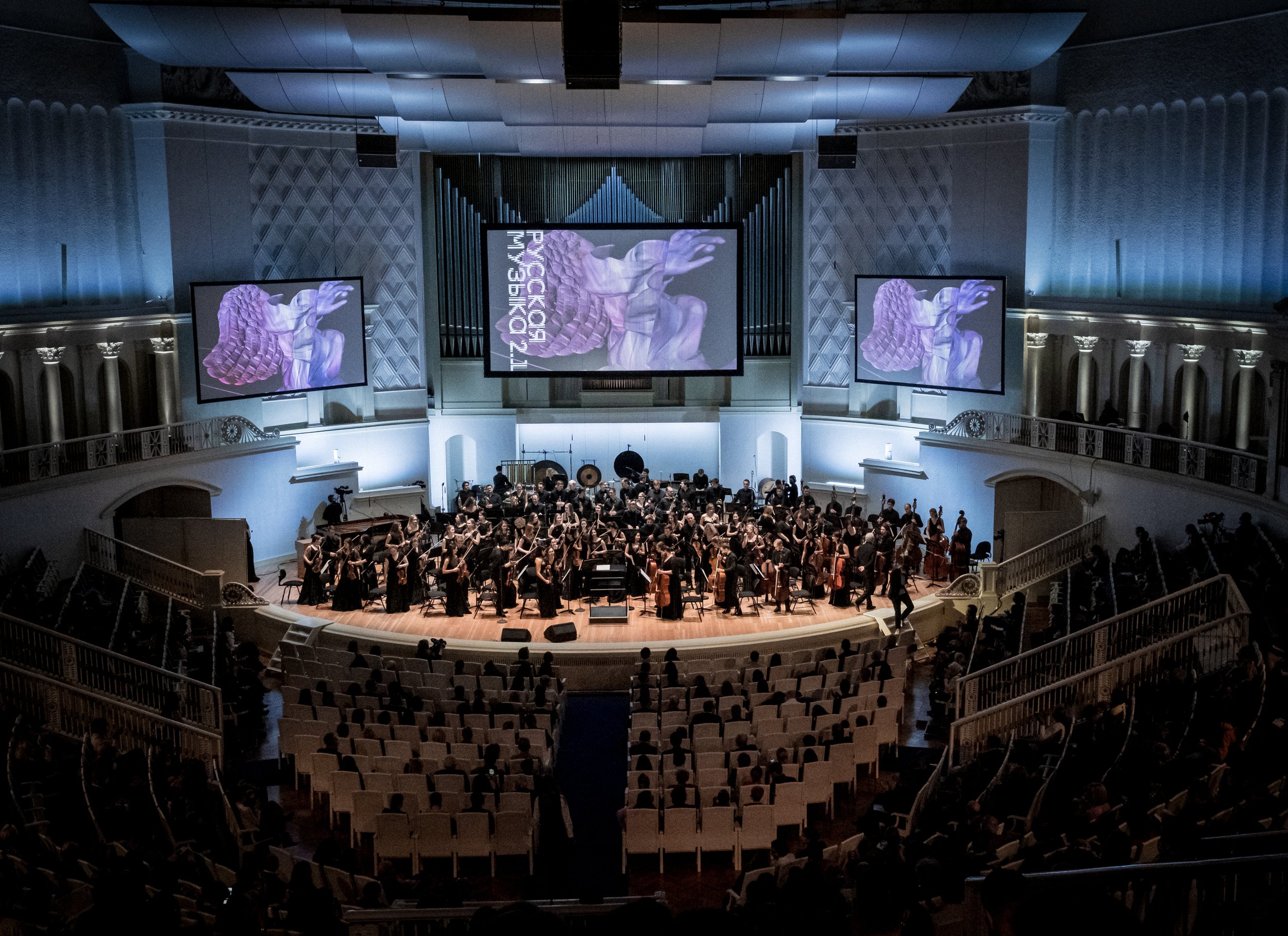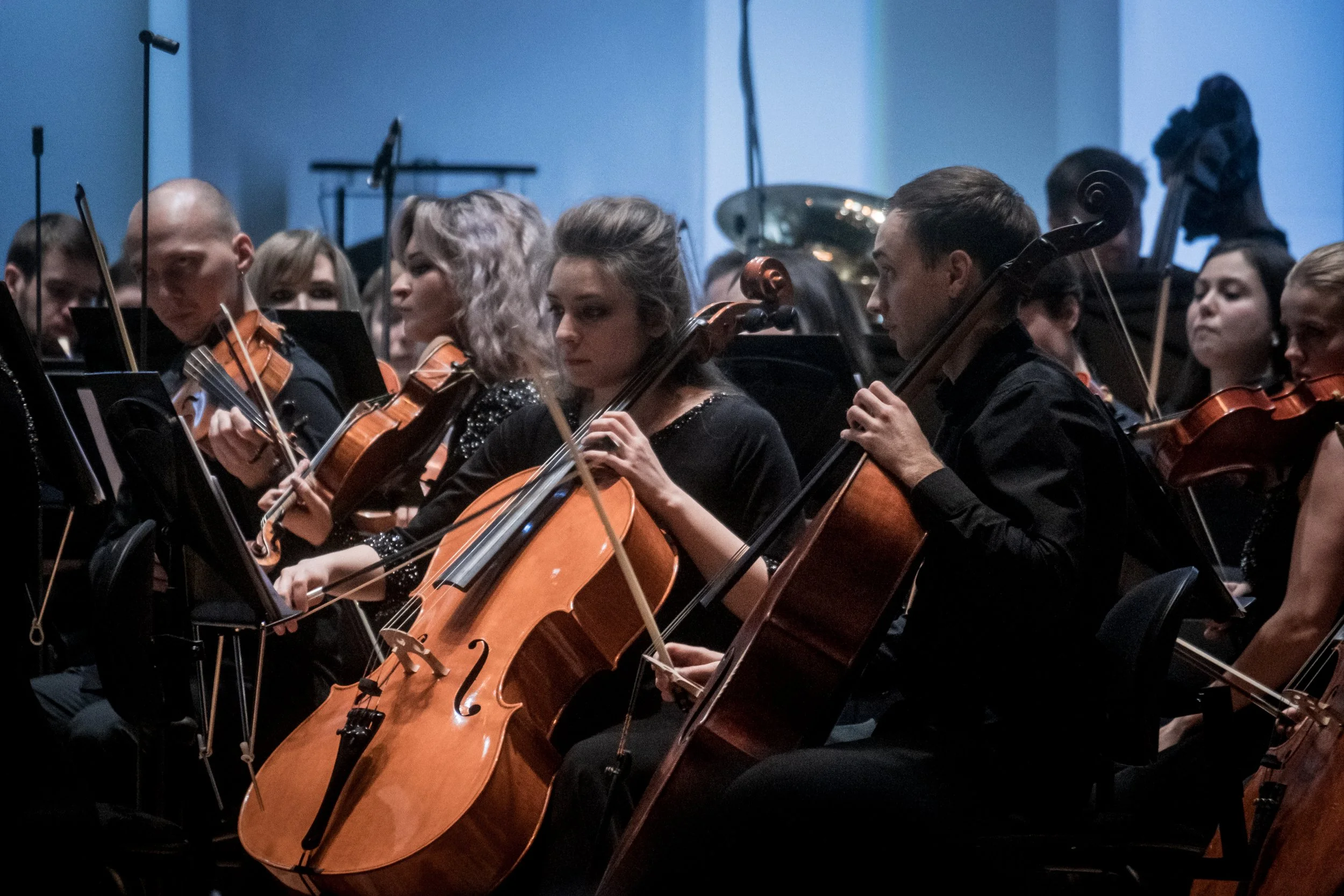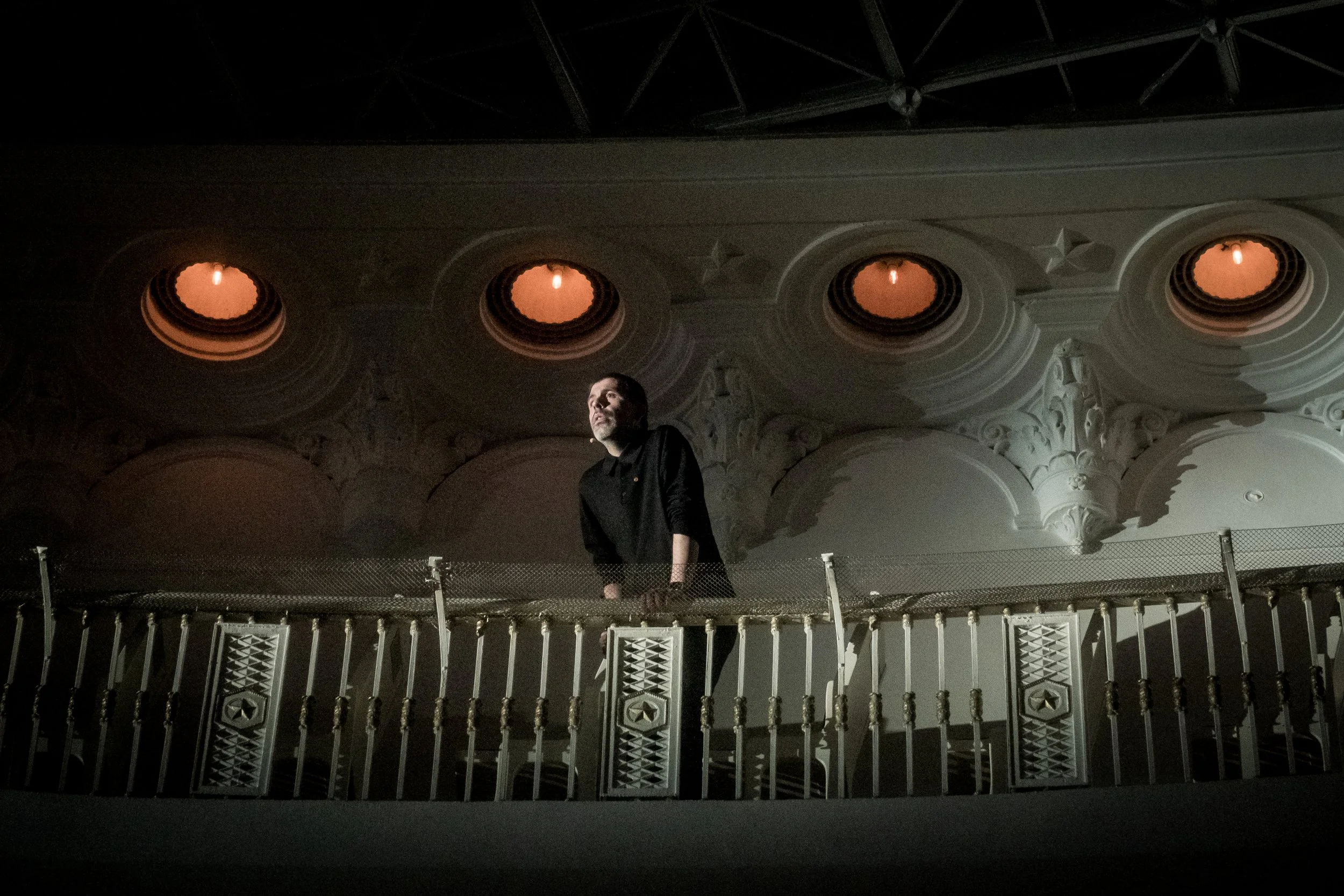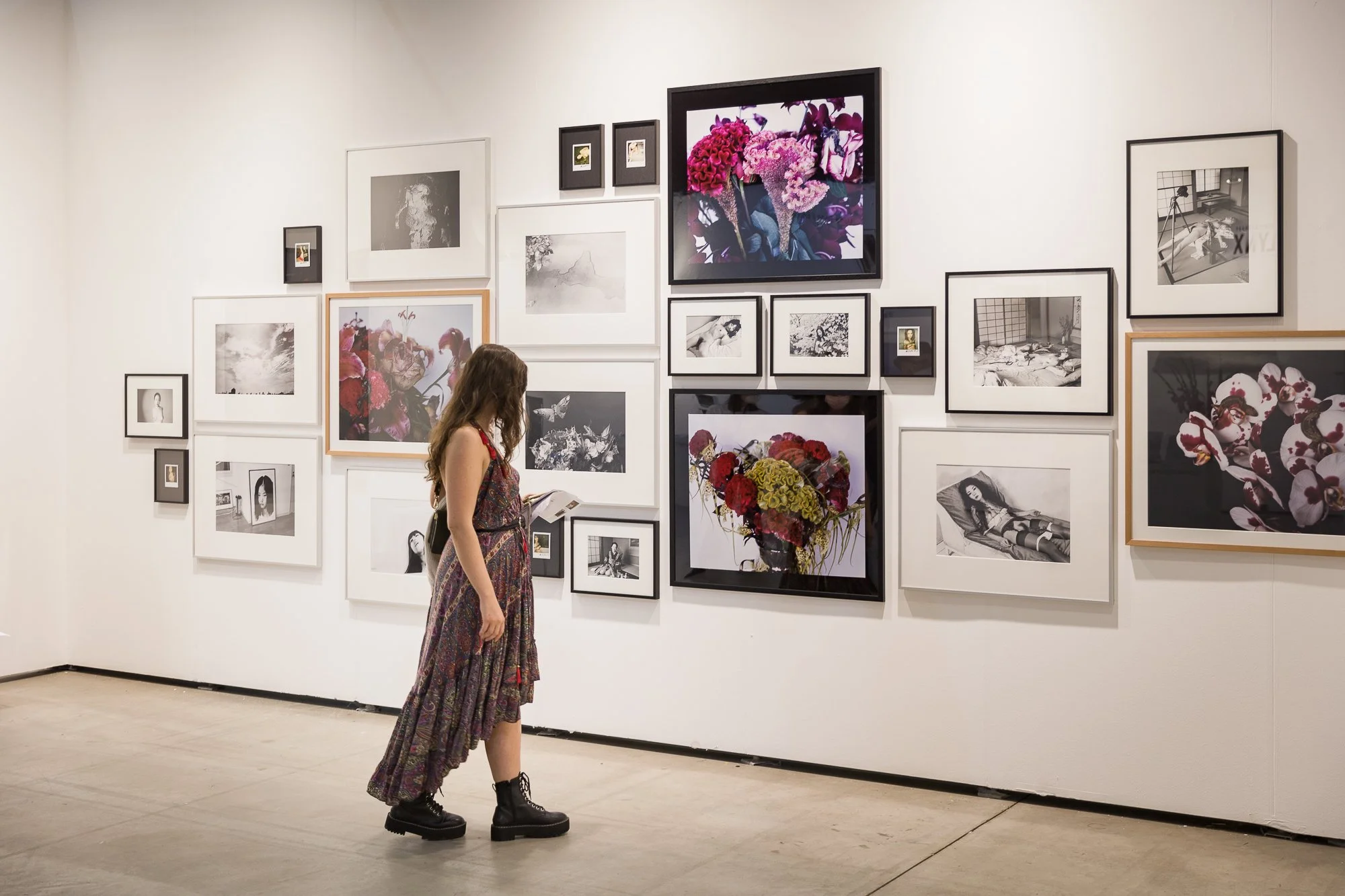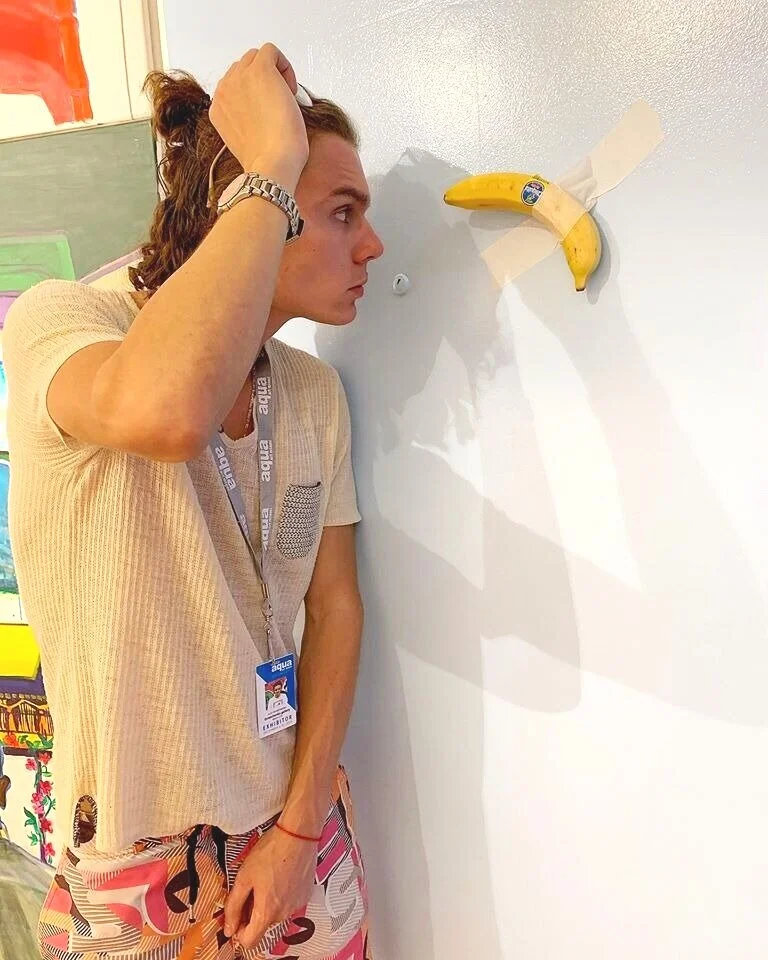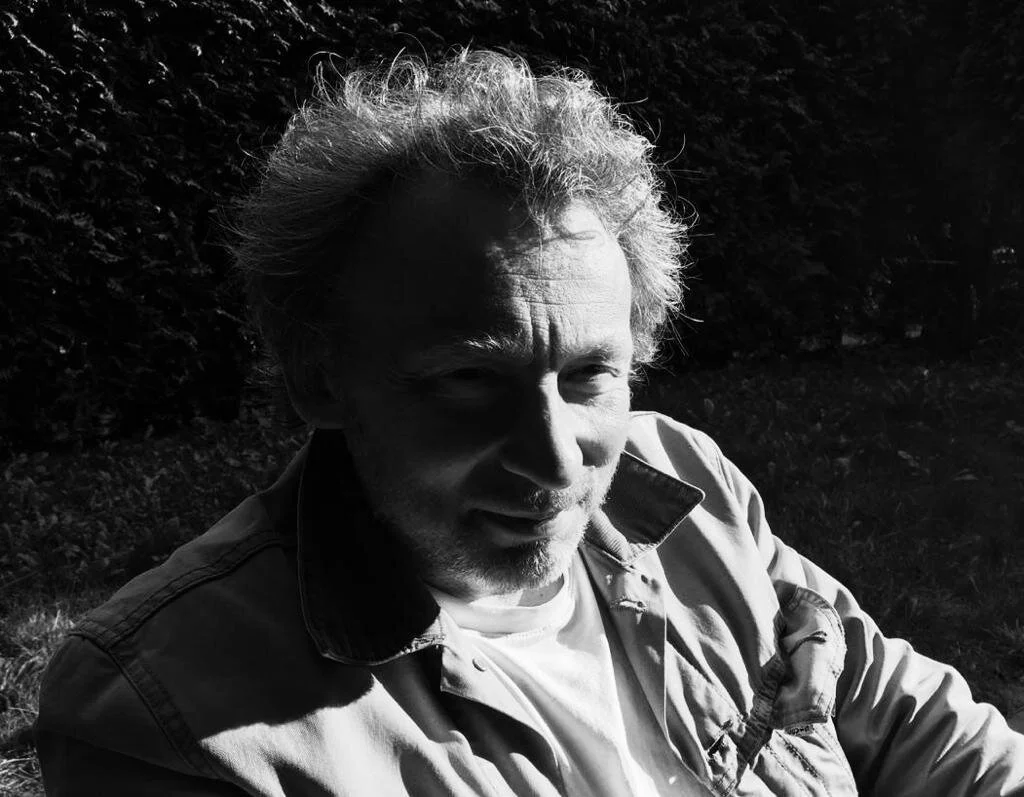Dmitry Aksenov, Chairman of the RDI Group board, Head of the Aksenov Family Foundation and Owner of the ViennaContemporary Art Fair
Dmitry Aksenov is a man who has managed to find a much sought-after balance between business and art. He is the chairman of the RDI Group board, the head of the Aksenov Family Foundation, the owner of the ViennaContemporary Art Fair. In 2020, he initiated the project “Music 2.0”.
Dmitry Aksenov's idea of the development of society with the tools of culture informed the concept of the RDI Group Cultural Centers. His skills from the field of business helped to create a model of support for different culture spheres and as a result, to create an ecosystem that is meeting the diverse needs of artists and audiences today. The peculiarity of his personality is that he does not just give money for support but instead takes a hands-on approach.
Why did you decide to support culture and why are you are so deeply involved in it? Was it curiosity or a desire for development?
Development is always based on curiosity, and new knowledge comes through curiosity. I have an engineering and technical education, but I have always been interested in culture. And when, by coincidence, I had the opportunity to learn more about it, I began to study how this world works and applied an analytical method to more deeply understand it. I wanted to understand why some things which are, at first glance, irrational, cost very rational money. When I found out that there was a logical justification for this, I decided to spend time on it and look deeper.
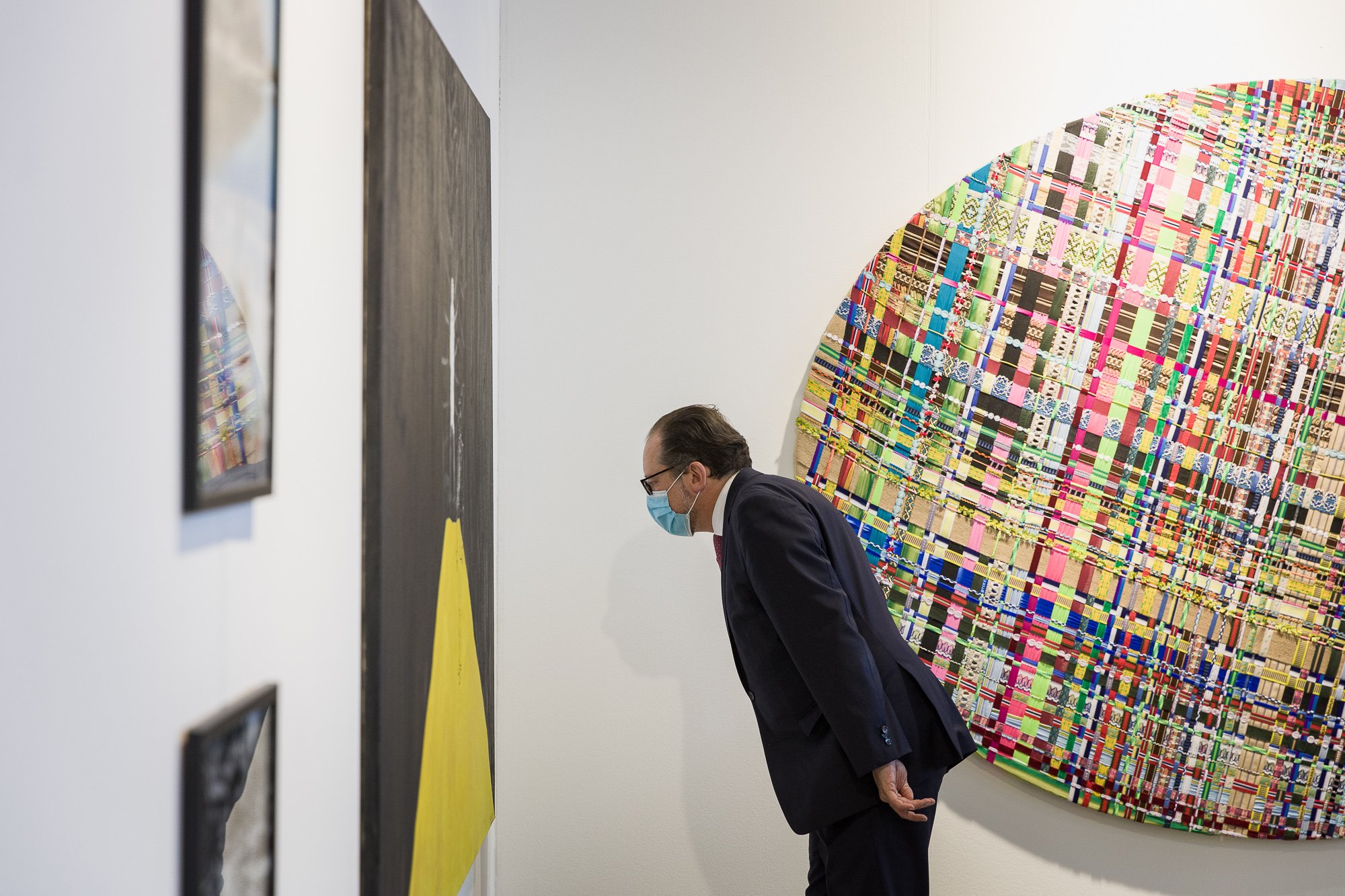
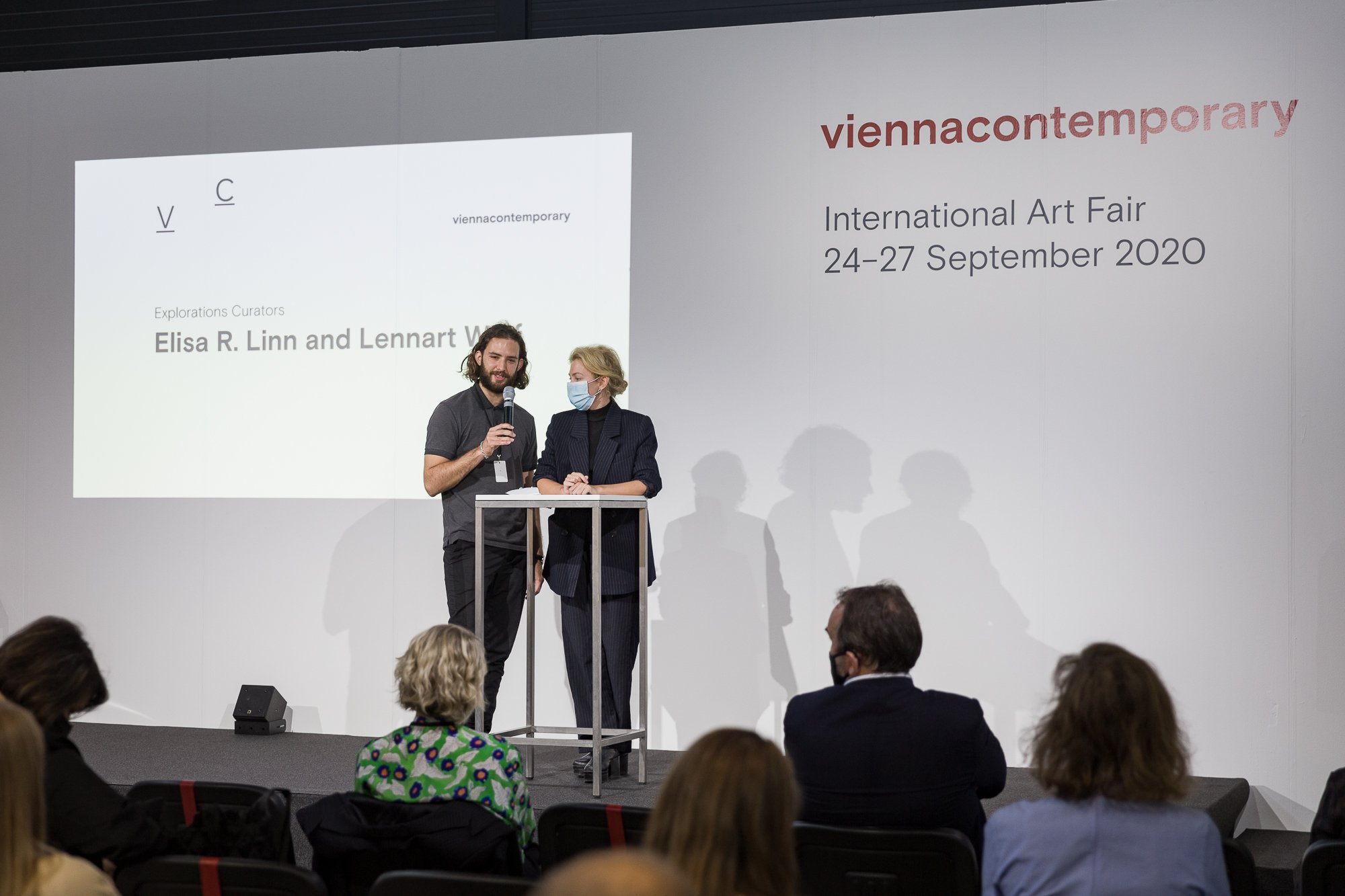
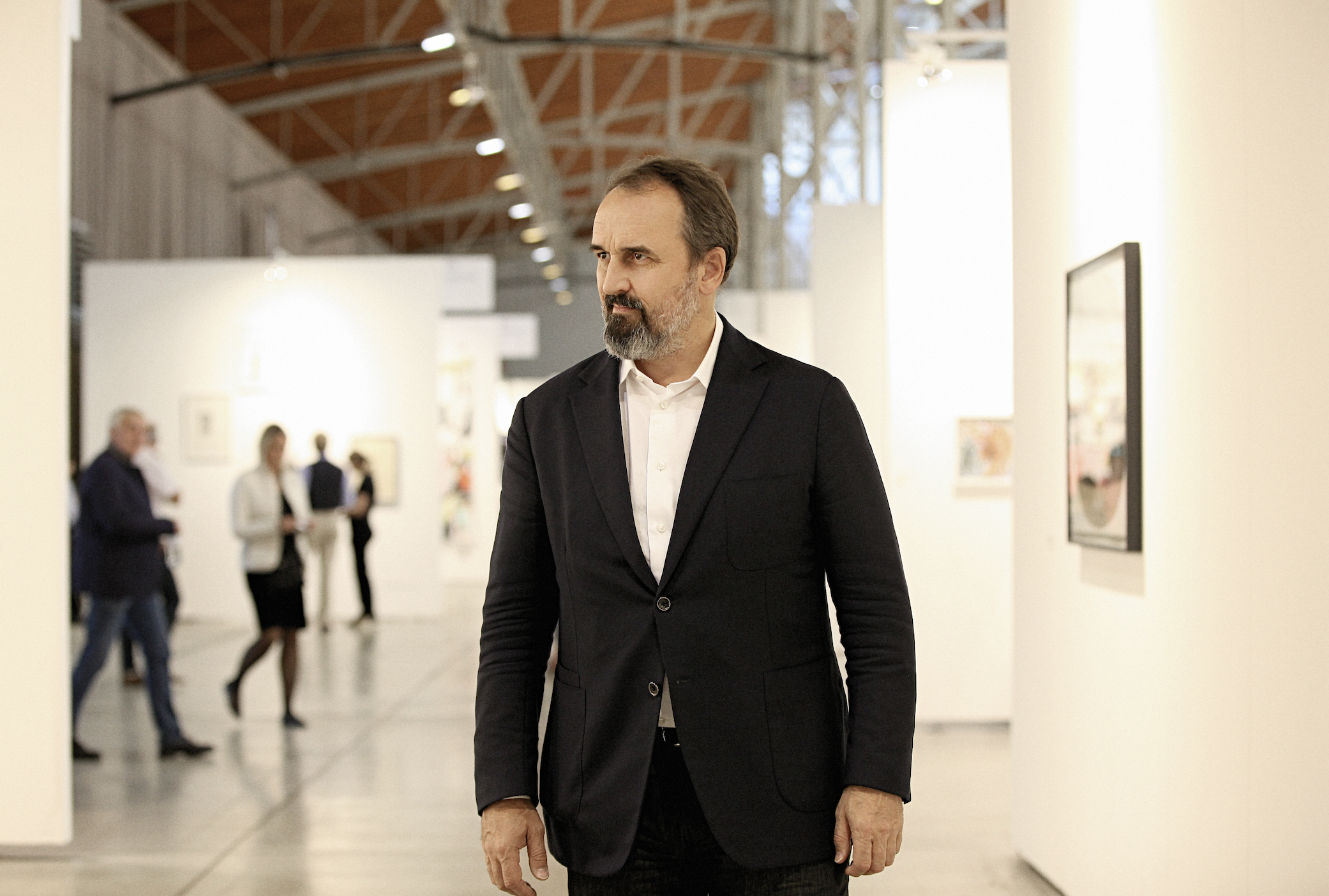

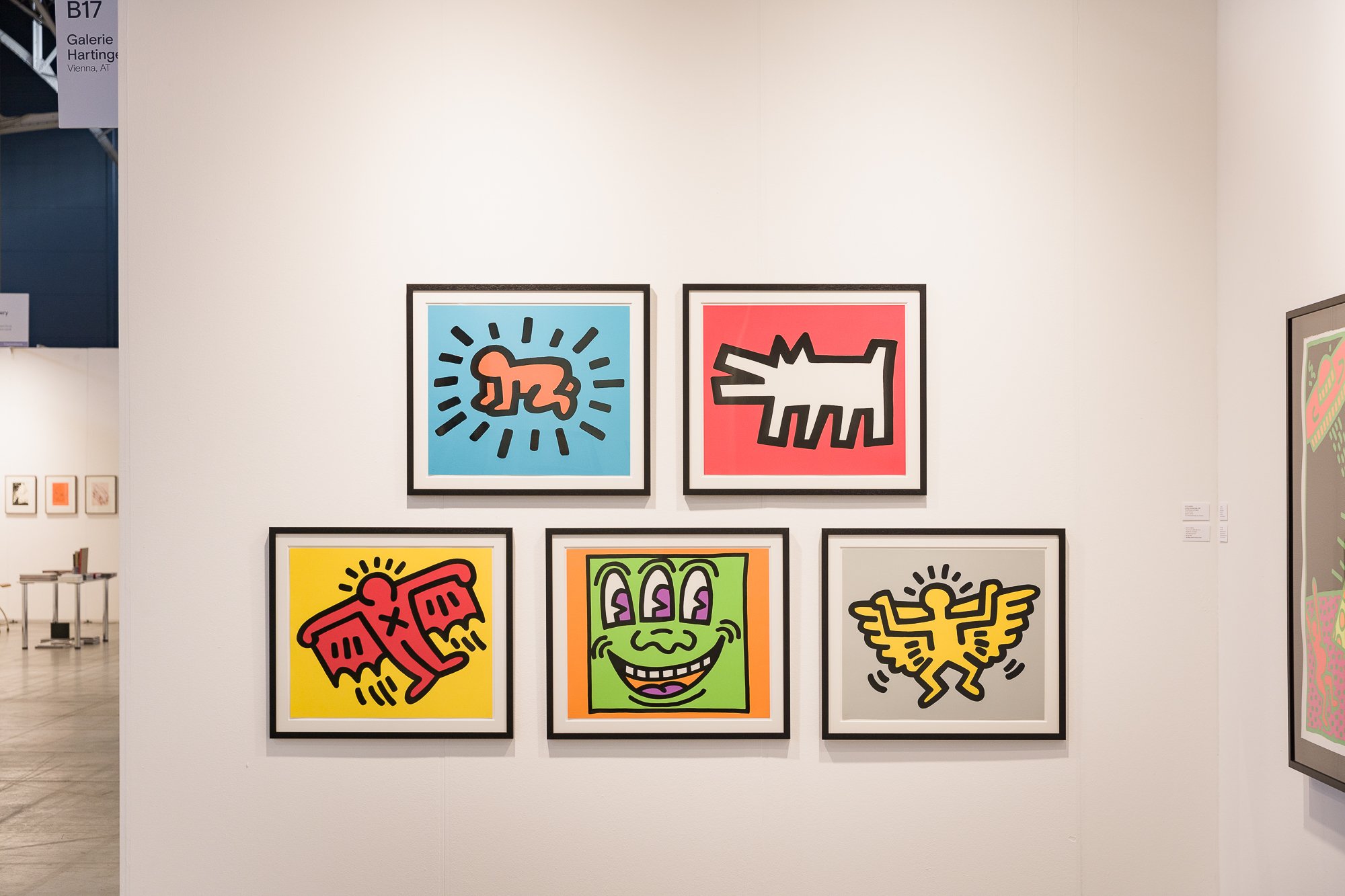
ViennaContemporary Art Fair © Aksenov Family Foundation
Do I understand correctly that this was the reason for the purchase of the ViennaContemporary Art Fair?
Yes. The fair provides an opportunity to get direct access to the best practices and knowledge in the fields of art. Of course, there are simpler ways, for example, through galleries – but this is a too narrow segment of the market: the fair gives a much broader understanding of the processes.
Is this more a hobby for you or a part of your business development?
It's a way of life. I am not interested just in fine arts but in culture in general. Modern cultural practices are the best thing for modern society - through them comes an understanding of many processes, social, historical, economic; awareness of cause-and-effect by the experience of previous generations.
Personally, I often sense that the sphere of art is often a distant and incomprehensible world for business people.
For now – yes, but at some point they will definitely meet. I would talk about culture in general. Fine art is just one of the forms of culture. There is a big difference between music, literature, fine art – but it is all a dialogue between a person and the world, an attempt to understand how it works and find your place in it. Also it is an attempt to answer the question "Why?". This is what culture does.
When a person gets to the moment of life when he asks the question "why?", then culture is a great help. It’s difficult for adults to immerse themselves in culture because it’s a challenge for many to admit that they are not good at something and to start learning from the very beginning. You will not go to study art history at certain age. People who are engaged in business don`t have time for this. But people will soon have more and more time thanks to technological progress. Education will be more effective and accessible. New cultural practices will appear. Therefore, my forecast is that smart people will quickly decide to learn more about culture.
Your mission in culture has huge social significance. When you became an active participant in cultural processes, was it a manifestation of social responsibility or more a personal hobby that gives you drive?
Drive gives a person, among other things, awareness of the social mission. We humans are a herd animal. Therefore, to play a positive role in society, to see that you are changing something for the better, of course gives you that drive.
In an interview for Forbes Russia, you voiced the idea that "civilization should switch to the production of meanings and the consumption of meanings." How, in your opinion, to prepare the consciousness to an ordinary person for this idea? How do you convey this idea to the masses?
We have established the Immaterial Future Association. The mission of the organization is the introduction of this knowledge into society, the transition from the consumption of resources to the consumption of meanings. In general, all our projects are aimed at this. On November 22, the Tchaikovsky Concert Hall hosted a performance concert "Russian Music 2.0", the result of the program to support modern academic composers. And the response we have received shows once again how important investments in culture are
"Russian Music 2.0". Foto by Vladimir Yarotsky
Has this Immaterial Future association existed for a long time? How do you see the development of its activities?
We see the association as a creative platform for initiatives that aim to increase the role of culture in everyday human life. We have been working on this for two years, but we registered the association only six months ago. The main headquarters are located in Vienna. Receintly we established the "IF Award". We launched an open-call for startups that share our mission and offer new solutions for future - business models or ideas for the distribution of cultural content. Unexpectedly, we received a huge number of applications. More than 160 companies from 50 countries took part in the competition (from Africa and South America to Japan and the USA). The prize was 50,000 euros. The winner was a company from New York that offered a platform for small communities where people are engaged mainly in traditional crafts, which connects small manufacturers with large fashion houses.
The activities of your Foundation are very extensive. Was your Foundation originally planned to be interdisciplinary and support not only visual art projects, but also music and theater? What is the focus of the Foundation's activities?
Impact. We support projects that reveal modern Russian culture, show its significance, its capabilities and quality. But we are mainly engaged in those areas where we have competencies. When we gained more competence in music, we began to initiate more musical initiatives. Perhaps tomorrow we will have more competencies in modern dance. If a project is really important for society and culture, we support it. We have limited resources (time and money), so this is our criteria.
Recently, two of our projects became winners of the competition Cultureonline, which took place within the framework of the Cultural Forum. The first winning project is "Imprint in motion", a cross-media project that combines fine art, modern dance, music and cinema. The second is "My Tretyakov Gallery", a large-scale digital project, thanks to which you can get to know the museum's collection better and take part in its development. We came up to this idea ourselves and offered it to Tretyakov Gallery. In addition, we recently held a world coding championship among the world's leading universities.
Do you consider coding as an art form?
Recently we learned a curious fact that about 70% of the best programmers in the world have at least some relation to music - either they play or sing. In fact, the connection is obvious. We believe that culture, thanks to technological changes, will become, on the one hand, more accessible, and, on the other, more influential in society. Digital transformation is led by people, so IT talents are important to us. That’s why we are investing in startups that will deal with technology in the field of culture.
Dmitry Aksenov © Aksenov Family Foundation
You are now creating a whole eco-system! Consciously or unconsciously?
Do I look like an unconscious person? Five years ago we acted more intuitively, but then we realized that everything we do has a common denominator. At first, instincts and subconsciousness work, but then consciousness turns on and it becomes clear what is worth investing in, what needs to be developed.
We believe that culture, thanks to technological changes, will become, on the one hand, more accessible, and, on the other, more influential in society.
The Foundation's website indicates that you act as a research-and-development organization that works with projects of high communication potential, could you explain?
Take, for example, the "Imprint in motion" project where Diana Vishneva wanted to work with the Pushkin Museum. For us, we did not see how to engage there meaningfully. It’s not interesting for us to give money to a project that does not meet our strategy and does not allow us to create a new dialogue in culture. But when the idea came up to make a fully-fledged film with the Pushkin Museum and to complement it with modern music and show the evolution in culture – we got involved in the process. It was purely an experiment; no one knew what would happen at the end and how it would be perceived by the audience. This is called R-and-D (research-and-development) — when you do something for the first time, and no one has ever implemented anything like this before.
International Festival of Contemporary Choreography Context. Movie with Diana Vishneva
Since we started talking about experiments, I wanted to ask: how do you understand if a project has the right to life? Which is the priority - the person who offers it or the idea itself?
Of course, the idea is primary and we don't care who brings it. If there is no content behind the brand, we are not interested in it. But partners with a strong reputation are also important for us, of course. After all, our goal is enlightenment. The stronger the personality brand, the easier it is to convey the message to the audience. In fact, strong personalities generate strong ideas.
The film, or it can be called an interdisciplinary project, "Imprint in motion" combined several cultural trends (dance, music, art, drama). Do you plan to further develop this line, where different art directions would intersect in one?
We are always trying to do something interdisciplinary. The concert on November 22 2021 was also an experiment. It was more of a performance concert. Art itself is now erasing boundaries within itself because we are talking about an idea, not a form, and an idea can be expressed even in music, even in dance, even in poetry, even in NFTs.
Since we're talking about NFTs. What is your opinion to this direction?
This is an important and promising tool for the monetization of creativity, which will be in great demand in the future.
In my opinion, one of the most significant and innovative projects of the Foundation is "Russian Music 2.0". How did it start? How did you come to understand that we have many talented music composers? In my opinion, they are much more difficult to "see" and learn about than contemporary art, for example.
They are selected by a professional jury made up of the best experts in this field. They trust us and our reputation, and we trust them. This is the only way new heroes can be formed. A whole galaxy of modern composers has grown up in Russia, who simply do not have the opportunity to demonstrate their talents, because there is no demand for them. To perform a symphonic work, you need an orchestra, you have to pay the musicians, and how, if no one buys music? When we discovered this situation, we gathered an expert council. Thanks to the experience of working with the Salzburg Festival, it was not so difficult.
"Russian Music 2.0". Foto by Vladimir Yarotsky
I know that you also buy art. What factors are important to you when you buy a peace of art? Is there an investment message?
I start at the end – investment attractiveness. In my opinion, the economic potential of Russian contemporary art is underestimated. First of all, because we still have a small market in terms of consumer demand. But this is a temporary situation. People will eventually learn more, be interested, and it will certainly expand. This is also the reason why I buy art. When I saw the intellectual power of modern Russian visual culture and at the same time the bourgeoisie's completely absent interest in it, I decided to try to eliminate this discrepancy. Now I already see positive dynamics. During the pandemic, many new and exciting initiatives have appeared, and the online consumption of art greatly facilitates the process.
As for my own motivation - what I buy should be beautiful and it should resonate with my own experience. And certainly it should contain an idea. Contemporary art can be valued not by how it looks, but by what it says. There is a large selection here. I am interested in how the artist thinks, how his work resonates with everything that is happening, how it relates to me personally.
Are you investing in an artist? Or are you investing in a specific work?
For me, these are inseparable things. By buying a work, you invest in the artist's work, express your attitude to them and pay tribute to their efforts.
ViennaContemporary Art Fair © Aksenov Family Foundation
What is art for you personally?
This is a worldview. Lifestyle. Art helps both in business and in personal development, both social and emotional. Now we are already living in a new Renaissance. Didn't you know? It is called the Digital Renaissance. People who can think beyond - understand this. Technologies free a person from the slavery of forced labor and give the opportunity for self-realization and creativity.
Do you believe that the new century (2000s) is the age of Art as a new religion, as suggested by Gleb Smirnov in his book Artodoxia, the publication of which was supported by your Foundation?
We believe that the role of culture and the production of meanings will greatly increase for society. What does culture do? It helps in the search for answers to the eternal questions. Earlier this was the role of religion. Now it is culture that helps a person in this eternal search. In the era of an overabundance of information, its role will grow. Where should a person go to hear the truth, how should they understand what is bad and what is good? Cultural institutions are designed to be these points of support for human beings: they are transmitters of meanings. That was the reason why we supported this book.
Follow Aksenov Family Foundation on Instagram
Follow ViennaContemporary Art Fair on Instagram

